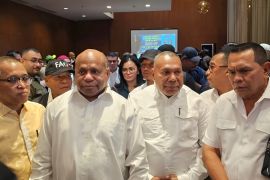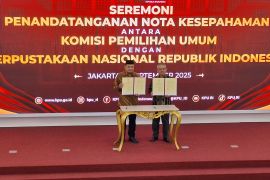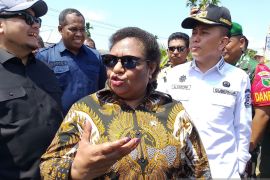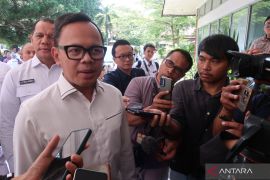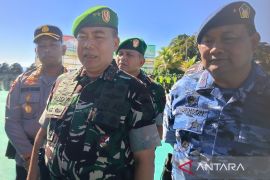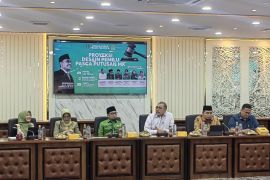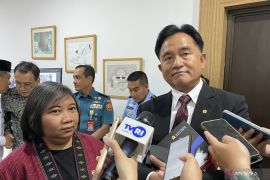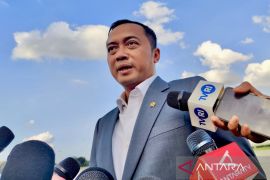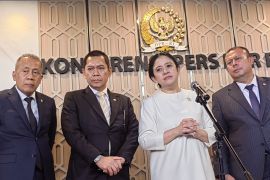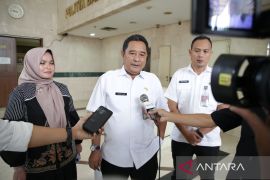"The public must not easily believe news in which the title is clickbait, and they must check with trusted news sites," she emphasized here on Wednesday.
According to the researcher, people's critical thinking must be developed to prevent them from being easily consumed by Pilkada issues covering sensitive matters and identity politics.
Alfath also appealed to the public to not spread unreliable information on social media whose facts had not been confirmed.
She cautioned that if the public spread unverified information, it would become increasingly difficult for the government and other institutions to counteract hoaxes about Pilkada.
"Moreover, young people can conduct political education during the Pilkada because in some areas there are indeed local issues," she remarked.
However, she believed that the community could better imbibe political education with the involvement of young people.
She also underscored the government's role in helping the community to avoid being influenced by hoaxes.
She explained that the government can open access to data and information as widely as possible for the public.
Thus, it would become easier for people to find and verify the information through factual news while facing hoax issues.
"This is to help the public when they want to do a fact-check, (for which) election organizers must open access to data as widely as possible. Do not let information that should be accessible to the public be difficult (to access)," Alfath remarked.
Related news: Indonesia prepares task force to fight election hoaxes
Related news: Need smart campaigning for peaceful elections: minister
Translator: Walda M, Kenzu
Editor: Rahmad Nasution
Copyright © ANTARA 2024

